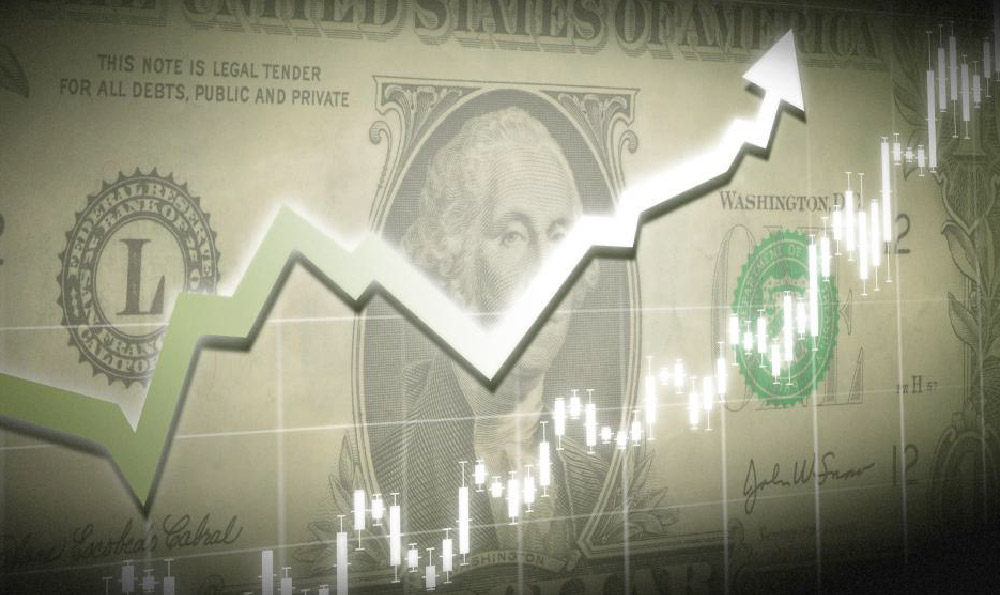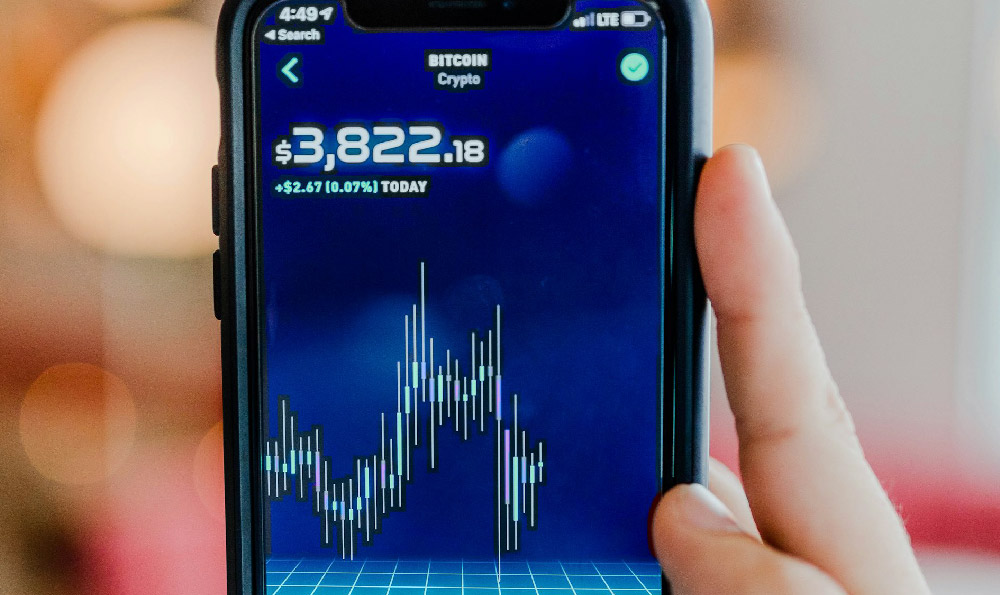George Soros's Wealth Building Journey: Investment Strategies and Philanthropy
George Soros, a name synonymous with financial acumen and transformative philanthropy, has woven a narrative of wealth generation that transcends traditional markets and ventures into the realm of speculative assets. His journey, marked by a blend of markets, economics, and social responsibility, offers a blueprint for those seeking to navigate the complexities of modern investing, particularly in the digital age where cryptocurrencies represent a new frontier of financial opportunity. While Soros's foundational strategies emerged in the context of forex trading and macroeconomic analysis, their principles resonate with the evolving landscape of virtual currency investment, prompting a reevaluation of how speculative markets can be harnessed for long-term value creation and societal impact.
Soros's investment philosophy is anchored in the concept of "reflexivity," a term he coined to describe the interplay between perception and reality in financial markets. This theory posits that market prices are not merely reflections of underlying fundamentals but are also shaped by investors' expectations, which in turn alter the very realities they seek to predict. In the context of cryptocurrency, this dynamic takes on a new dimension—digital assets like Bitcoin and Ethereum are influenced by both technological innovation and speculative sentiment, creating a feedback loop that can amplify price movements. Soros's ability to anticipate these shifts, often through macroeconomic analysis and geopolitical observation, underscores the importance of understanding not just market data, but the psychological and systemic factors that drive market behavior. For virtual currency investors, recognizing this reflexivity is crucial, as it allows them to position assets strategically during periods of heightened speculation or market correction.
At the heart of Soros's success lies a meticulous approach to risk management, which remains a cornerstone of any sustainable investment strategy. His hedge fund, Quantum Fund, employed a diversified portfolio across multiple asset classes, mitigating the impact of any single market downturn. This approach is particularly relevant in the volatile cryptocurrency space, where the risk of sudden price fluctuations is inherent. Soros emphasized the need for liquidity and a willingness to accept short-term losses for long-term gains, a mindset that virtual currency investors must adopt. The temptation to hold onto losing positions in crypto can be dangerous, as market cycles in this sector often exhibit hyperbolic patterns. Soros's philosophy of "cutting losses quickly and taking profits slowly" offers a pragmatic solution, encouraging investors to set clear stop-loss thresholds and capitalize on strategic buy-and-hold opportunities.

Beyond financial maneuvers, Soros's commitment to social responsibility reveals a deeper layer of his wealth-building strategy. His foundation, the Open Society Foundations, has deployed billions in grants to promote democracy, human rights, and economic equity. This underscores the wisdom of leveraging financial success to drive societal progress, a principle that virtual currency investors might emulate. Cryptocurrencies, with their decentralized nature, present a unique opportunity to channel investments into socially impactful ventures. For instance, tokens designed for micro-investments in emerging markets or platforms that use blockchain for financial inclusion can align profit motives with broader societal goals. Soros's model suggests that wealth is not only about accumulation but also about sustainable impact, a concept that aligns with the growing emphasis on ethical investing in crypto spaces.
The intersection of Soros's methods and cryptocurrency investment lies in their shared focus on long-term value and adaptability. Soros's ability to pivot his investment strategies in response to changing market conditions—whether through arbitrage, derivatives, or direct equity investments—mirrors the need for continuous learning and adjustment in the ever-evolving virtual currency market. For example, his successful short-selling of the British pound in 1992 was underpinned by a deep understanding of political and economic forces, much like identifying macroeconomic trends in crypto, such as the adoption of blockchain technology in various industries. This adaptability is essential in a market where innovation is relentless, and traditional valuation metrics often fall short.
Soros's emphasis on "money management" over pure speculation is particularly instructive for virtual currency investors. He viewed financial success as a means to achieve broader societal goals, akin to how crypto investors must balance profit-seeking with responsible stewardship of their capital. This perspective is critical in an environment where market hype can distort intrinsic value. By prioritizing asset allocation and risk assessment, investors can ensure that their crypto holdings are not only profitable but also aligned with sustainable growth. Soros's approach also highlights the importance of patience, as his long-term commitments in various markets often yielded exponential returns. In the context of crypto, which is still maturing, this patience can be a virtue, allowing investors to weather short-term volatility and capitalize on long-term trends.
Ultimately, Soros's legacy serves as a reminder that wealth building is a multifaceted endeavor. His strategies, rooted in market analysis, risk management, and social impact, provide a framework for anyone seeking to navigate the complexities of modern investing. In the virtual currency domain, these principles remain relevant, guiding investors through the intricate dance of speculation and value creation. By studying Soros's methods, individuals can develop a holistic approach to investing, one that not only maximizes financial returns but also fosters a sense of responsibility toward the broader economic and social landscape. This synthesis of profit and purpose is increasingly vital in a world where the lines between financial markets and societal progress continue to blur.















